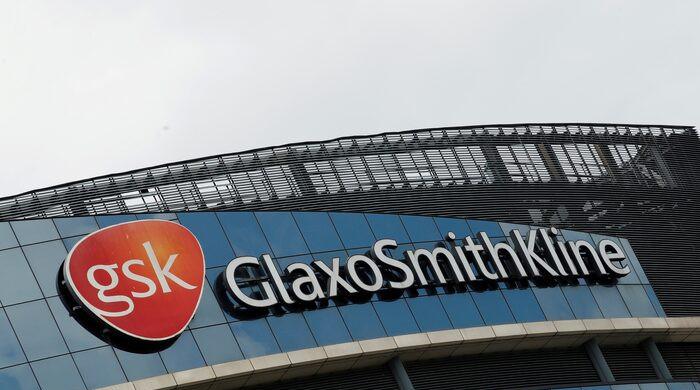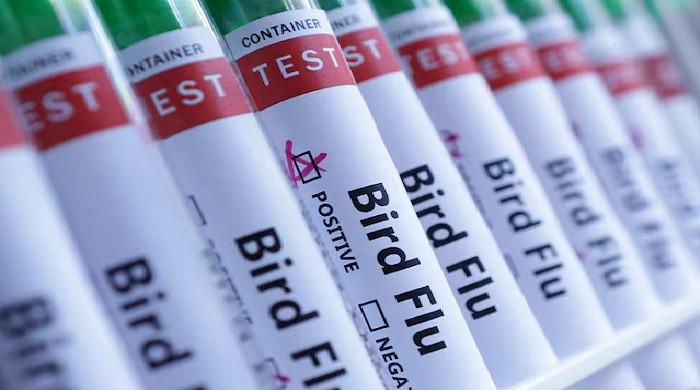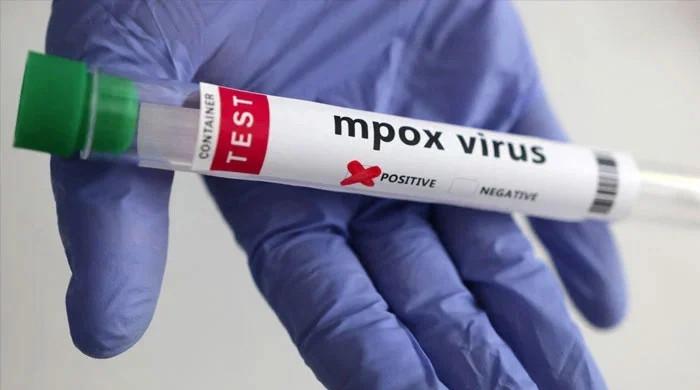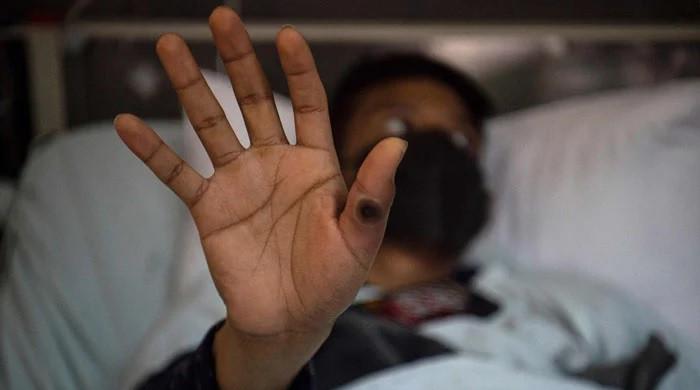Possible COVID-19 wave ahead as Pakistan continues to see uptick in fresh cases
Country reports 406 new COVID-19 cases and two more deaths in last 24 hours, NIH data shows
June 26, 2022
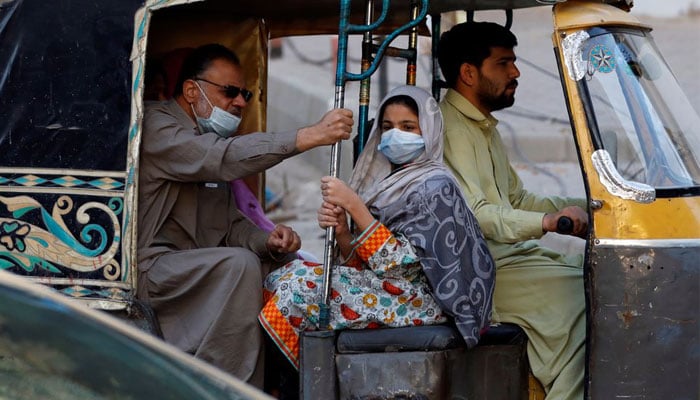
- Pakistan reports 406 new COVID-19 cases.
- Two more people succumb to coronavirus in last 24 hours.
- 94 infected people undergo treatment at ICUs.
Experts say Pakistan may potentially witness another COVID-19 outbreak as the country continues to see an uptick in new cases, pushing the positivity rate further up.
The country reported 406 fresh cases of coronavirus in a single day, National Institute of Health, Islamabad (NIH) data showed Sunday morning.
The new infections were detected after diagnostic tests on 14,437 samples. This took Pakistan's COVID-19 positivity to 2.81%. Moreover, two people suffering from coronavirus died during the last 24 hours.
As per the NIH stats, 94 other patients are undergoing treatment in intensive-care units countrywide.
'Hospitalisations likely to rise from next week'
Former DG Health and currently Lead Strategic Adviser of CDC-USA in Pakistan Rana Muhammad Safdar said that cases and positivity rates have more than doubled over the previous week, indicating rapid transmission.
He said that the rise is more marked in Karachi — with 21.71% COVID-19 positivity, and Islamabad — with 3.45% positivity, due to better testing and reporting but the risk is likely to be widespread.
According to Safdar, the rise in number of hospitalisations and admission of patients in ICUs may become evident from the next week. However, given the high vaccination rates, the disease load is unlikely to challenge our health system capacity, he added.
Health experts stress on:
- Vigilantly watching through good surveillance and testing.
- Communication around rising risk especially in urban settings.
- Advocating mask-wearing indoors in cities reporting cases that constitute over 5% positivity.
- Vaccination with emphasis on boosters.
As per NIH, 85% of Pakistan's population has been fully vaccinated.
Among the provinces, Sindh is the most affected while Mardan and Hyderabad are the most affected cities after Karachi, with 8.77% and 8.51% COVID-19 positivity, respectively.





